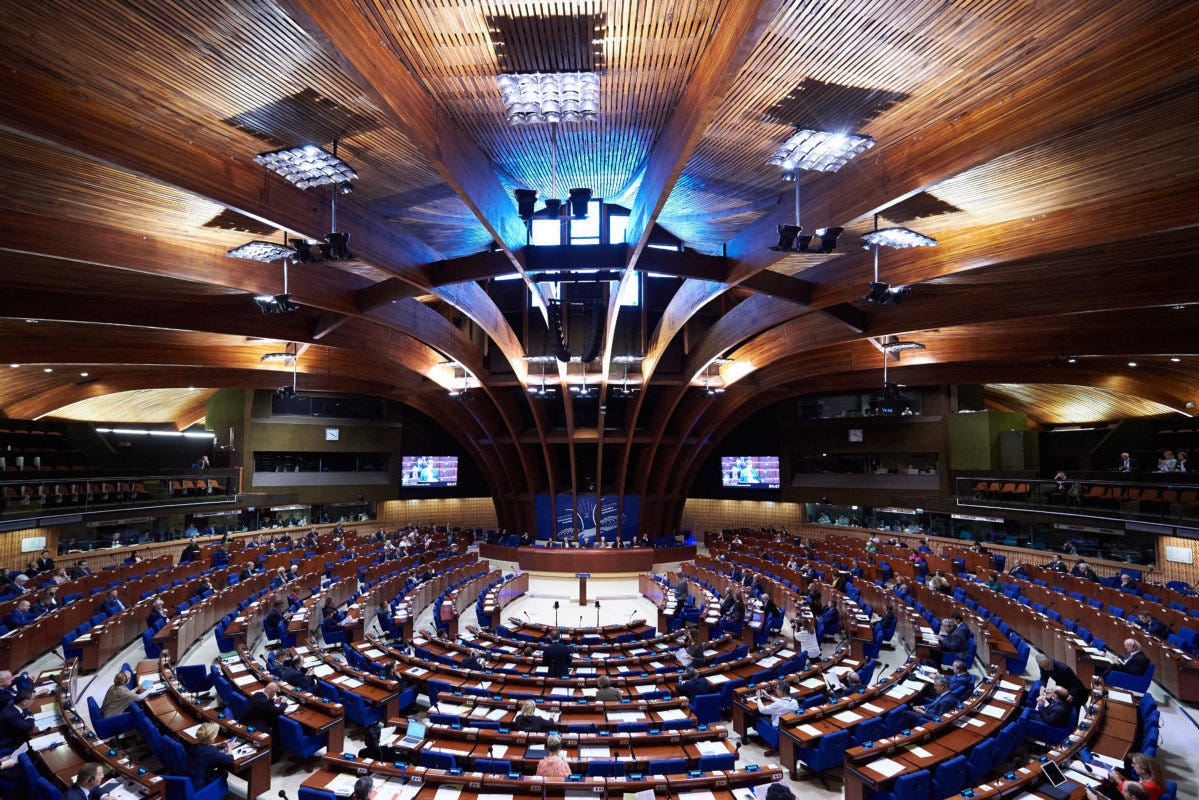Sergiy Sydorenko, Russian Funds for Ukrainian Victims: What European Leaders Agreed on at Reykjavik Summit
As published in the European Pravda on May 17, 2023
Sergiy Sydorenko, Russian Funds for Ukrainian Victims: What European Leaders Agreed on at Reykjavik Summit
The Ukrainian Ministry of Justice and Western partners have been working for almost a year on a special mechanism for the future distribution of Russian funds among millions of Ukrainians whom the war has harmed. This agreement evolved into an international treaty at the meeting of leaders from all over Europe in Reykjavik, establishing the Register of Damage caused by the aggression of the Russian Federation against Ukraine.
It is not a typical multilateral treaty with dozens of signatures; rather, it is a "Council of Europe agreement" created supposedly within the framework of the organisation. This approach was employed to bypass mandatory ratification in these countries and thereby expedite its implementation.
Who will receive compensation?
The agreement signed in Reykjavik determines who will receive compensation for the damages caused by the war. The main idea is that Russia is not only bombing Ukraine as a state but also destroying state property. The thousands of casualties and injuries, millions of people whose homes and property have been destroyed or damaged by Russian missiles or artillery, the vast number of businesses destroyed, millions of tons of stolen grain, and more need to be compensated for.
The idea behind the Register is to have a list and amounts of these compensations ready at the moment of Ukraine's victory and the end of the war.
The groundbreaking nature of the agreement lies in all signatories agreeing that the amounts of Russian payments will be determined without Russia's participation. The opinion of the Russian government is no longer of interest to the civilised world.
The Register will be maintained, and the amounts of payments will be calculated by an international structure, not Ukraine. This is intended to instill confidence in the international community that these calculations will be perceived as fair. The future Russian government will either agree to them and pay voluntarily or face systematic confiscation of its assets.
The agreement includes three criteria. One of them limits the scope: this mechanism includes the assessment of the damage caused by Russia's actions across the entire territory of Ukraine, including Crimea and Donbas.
The second one limits the timeframe: damages and harm caused before February 24, 2022. The first eight years of Crime occupation and the war in Donbas will not fall under this mechanism.
The third criterion pertains to the basis for financial claims against Russia. The agreement states that claims will be submitted to the Register "bearing in mind that such claims shall be made concerning damage, loss or injury that was caused by the Russian Federation's internationally wrongful acts in or against Ukraine."
How will it work?
The Register will be entirely digital, without any paper submissions or the need to send documents to The Hague.
The government expects that this year, ideally in November, the electronic database with applicant identification will be operational. Individuals will be able to report their losses directly related to Russian aggression through this database.
Determining the amount of compensation will be the most challenging issue.
These matters will be addressed in the subsequent stage within the "compensation mechanism."
Moreover, only after calculating the losses of Ukrainians and considering the seized Russian assets will the correlation between these figures become evident. Likely, the losses will significantly exceed the available funds. One of the best ideas to rectify this situation is to legally obligate Russia to contribute to the compensation fund for many years following its defeat in the war, such as by allocating a portion of its oil revenues.
"The creation of the International Register of Damages is a real step for Ukraine towards justice and holding Russia accountable for aggression through reparations to Ukraine and its citizens," explained Iryna Mudra.




